Brazil: Conditions, Issues and U.S. Relations
Brazil occupies almost half of the continent of South America and is the fifth most populous country in the world. The United States has traditionally enjoyed cooperative relations with Brazil, which also is the seventh-largest economy in the world. United States administration officials have often highlighted Brazil’s status as a multicultural democracy, referring to the country as a natural partner that shares values and goals with the United States. Bilateral ties have been strained from time to time, however, as the countries’ occasionally divergent national interests and independent foreign policies have led to disagreements. U.S.-Brazilian relations have been particularly strained over the past year as a result of alleged National Security Agency (NSA) activities inside Brazil. Nevertheless, the countries continue to engage on issues such as trade, energy, security, racial equality, and the environment. This book discusses Brazil's political and economic situation, as well as their relations with the United States. The book also provides Brazil's human rights report for 2013; the international religious freedom report for 2012; and the investment climate statement for 2013.
{{comment.content}}
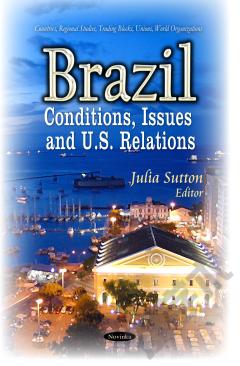
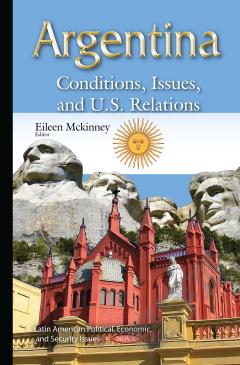

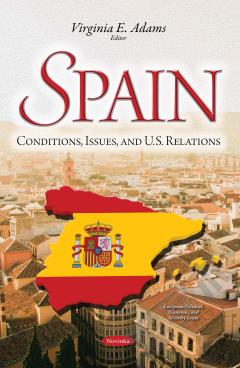
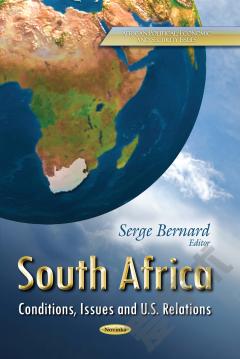
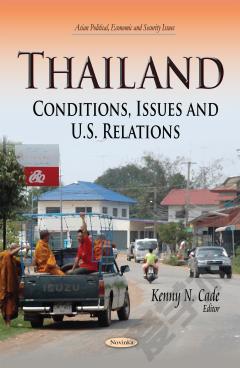


 京公网安备 11010802027623号
京公网安备 11010802027623号